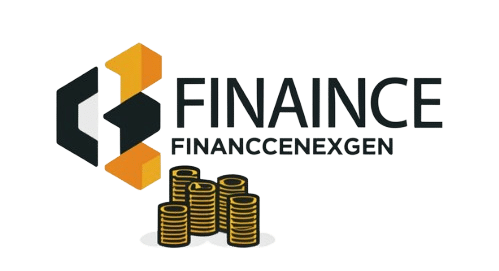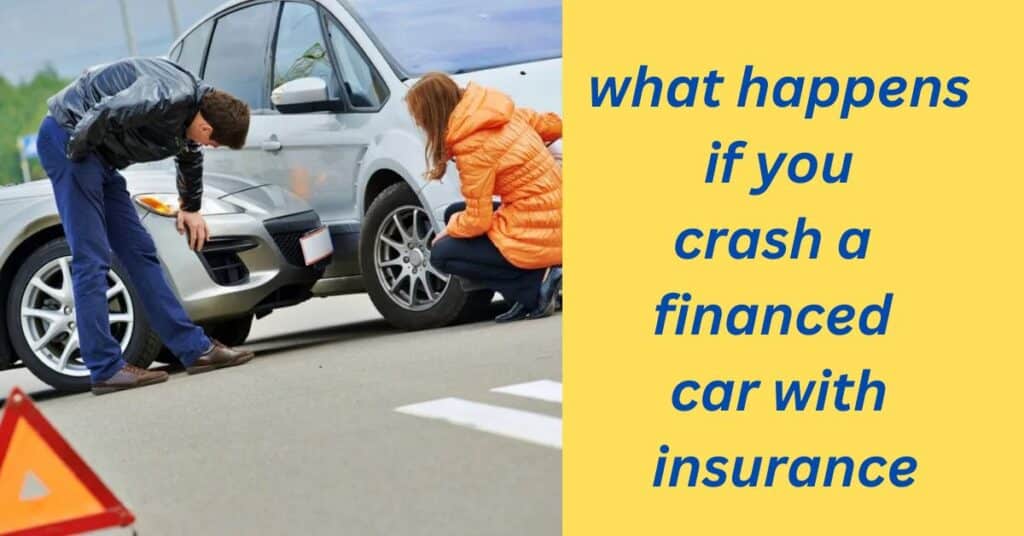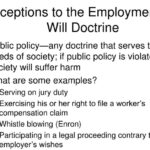Picture this scenario: you are cruising down the road in your newly financed car, feeling a sense of pride. Suddenly, a collision occurs, leaving you in a state of distress. What happens next if you crash a financed car with insurance, Let’s explore the steps and considerations involved in this situation.
What Happens if You Crash a Financed Car with Insurance?
When you crash a financed car with insurance, you remain liable for the loan balance despite having coverage. Insurance may cover repair costs, but you might still need to pay a deductible. Gap insurance can help cover any shortfall if the loan balance exceeds the insurance payout. Understanding your insurance coverage is crucial in such situations.
Let’s delve into the potential coverage options at your disposal:Top of Form
Collision Coverage:
Collision coverage helps pay for repairs or replacement costs of your vehicle after a collision, up to the policy’s maximum limit. It is a no-fault policy that can be beneficial in covering damages to your car caused by accidents. Remember to consider the deductible you may need to pay as part of the claim process.
Gap Insurance:
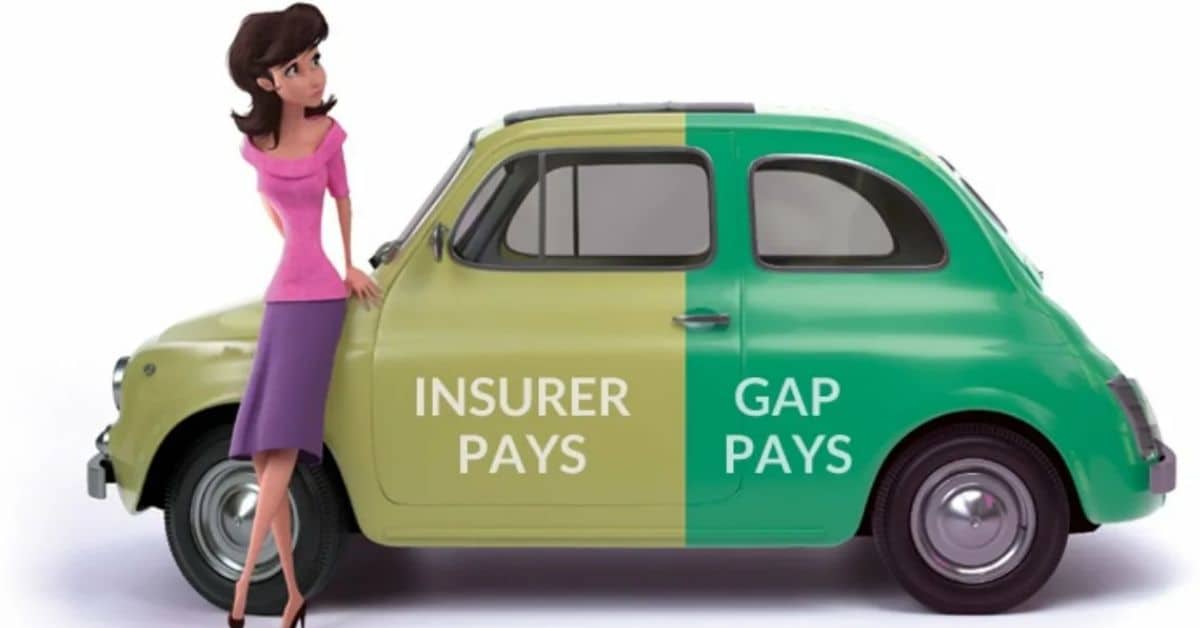
Gap insurance covers the difference between the outstanding loan balance and the insurance payout if your financed car is totaled or stolen. It can be valuable protection, especially if the car’s depreciated value is lower than the remaining loan amount.
Fault Based Insurance Claim:
A fault based insurance claim assigns responsibility to the driver at fault in a car accident. In Florida, drivers are required to carry property damage liability policies, which cover up to $10,000 for damage to another person’s vehicle. This system ensures that individuals are financially protected in the event of an accident.
When determining fault, insurance companies assess various factors, including evidence from the accident scene, police reports, and witness statements. This process helps ensure fair compensation for damages incurred by the innocent party involved in the collision.
What About Additional Damages in a Car Accident?
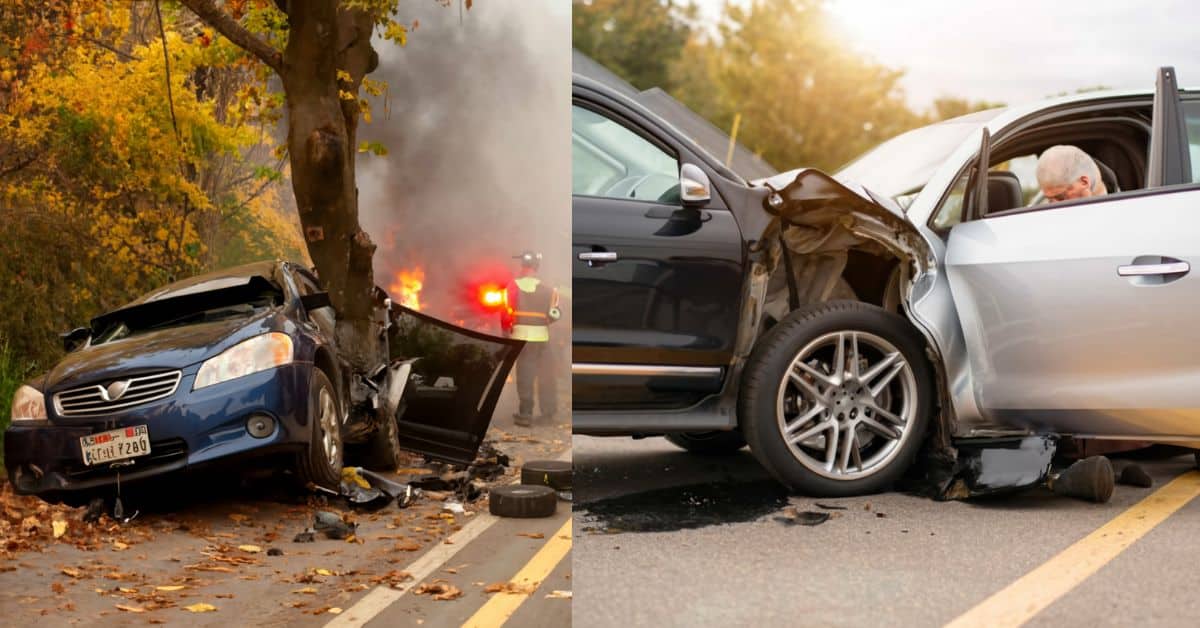
In car accidents, injuries can result in various additional expenses beyond property damage. Here’s what you need to know:
- Car accidents can lead to injuries, causing additional financial burdens.
- Florida law mandates personal injury protection (PIP) insurance, covering medical expenses and lost income.
- However, severe injuries may surpass PIP coverage, necessitating further financial assistance.
- Victims might pursue fault based lawsuits to seek compensation for various damages.
- Compensation can include pain and suffering, medical expenses, income losses, reduced earning capacity, and property damages.
Also Read: what is a lean in finance
Discuss Your Options With Our Auto Accident Attorneys for Free
If you are grappling with the aftermath of an auto accident, do not navigate the legal complexities alone. Our team of experienced auto accident attorneys is here to help. We offer free consultations to discuss your options and provide guidance tailored to your specific situation.
From understanding insurance claims to pursuing compensation for injuries, our attorneys can offer valuable insights and assistance at no cost to you. Don’t hesitate to reach out for expert legal advice and support during this challenging time.
You Crash Your Car and Still Owe Money on the Loan: Now What?
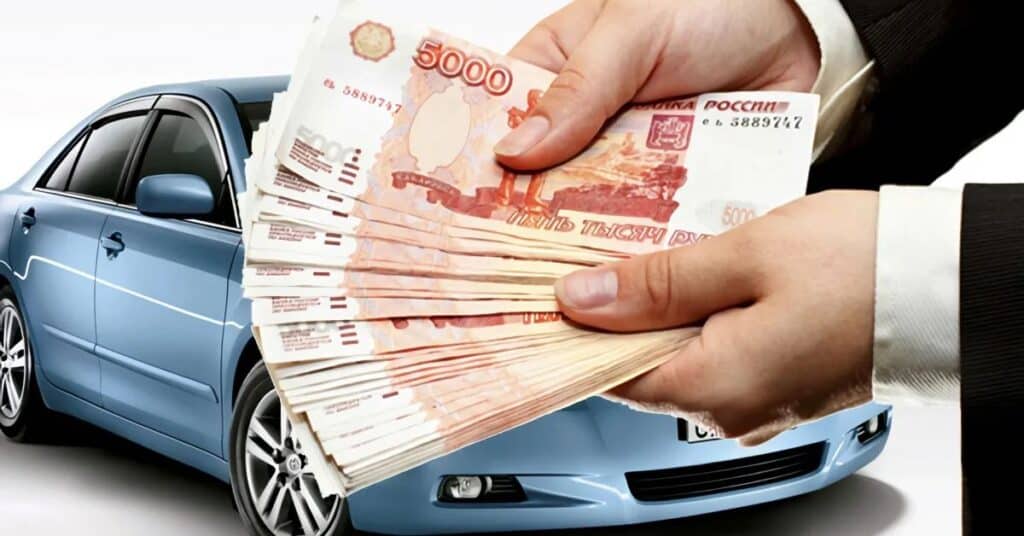
In the event of a car crash while you’re still repaying the loan, the situation can be overwhelming. Your financial obligations persist, but the outcome depends on various factors. Let’s explore the options available to navigate this challenging scenario effectively.
Insurance Coverage (At Fault)
- If the accident is your fault, your collision or comprehensive insurance can cover repair costs.
- Collision insurance handles damages from collisions with other vehicles, while comprehensive insurance covers non-collision incidents like theft or vandalism.
Insurance Coverage (Not at Fault)
- If the accident is not your fault, the at-fault driver’s liability insurance should cover damages.
- Uninsured motorist property damage (UMPD) can also offer protection against uninsured drivers.
No Insurance Coverage
- Without insurance, you may still file a claim against the at-fault driver’s liability insurance for compensation.
- However, some states may limit your compensation if you don’t have insurance due to no pay, no play laws.
Legal Obligations and State Requirements
- Ensure you comply with state requirements for liability coverage.
- In Texas, for instance, you must have $60,000 in liability coverage per accident.
- Not having insurance may impact your ability to receive compensation in certain states.
What Does a Total Loss on a Vehicle Mean?
Certainly! When a vehicle is deemed a total loss, it means that the cost of repairing the vehicle exceeds its actual cash value (ACV). Insurance companies use the ACV to determine whether a car is considered a total loss, taking into account factors like make, model, mileage, accident history, and current condition.
In most cases, if the repair costs amount to 100% or more of the car’s value, it will be declared a total loss. However, the threshold may vary by state. For example, in Texas, if repair costs exceed the car’s value, it is considered totaled. Essentially, the extent of damage on the car determines its designation as a total loss.
If your car is declared a total loss, you have the option to retain ownership of the vehicle, but this might not be financially advisable since you would be responsible for covering repair costs without insurance compensation. Alternatively, you can transfer the title of the car to the insurance company and forego further insurance payments.
What If Your Settlement Doesn’t Pay Off Your Car Loan?

If your insurance settlement falls short of paying off your car loan, you face a financial gap. Ignoring this shortfall could leave you responsible for loan payments on a car you can’t drive.
In such a situation, gap insurance can be invaluable, covering the difference between your car’s value and the remaining loan amount. This optional coverage is designed to bridge the financial gap in the event of a total loss.
Does a Car Crash Affect My Credit Score?
A car crash itself does not directly impact your credit score. However, if you are unable to pay for damages, your credit could suffer if the outstanding bills are sent to collections agencies. Moreover, missing payments on a car loan due to repair costs or loss of income could negatively affect your credit score.
Finance Car Damages with Power Finance Texas
When you are facing unexpected car damages, Power Finance Texas offers a solution. Their streamlined application process ensures you get the funds you need quickly to cover repair costs. With flexible loan options and competitive rates, they make financing car damages simple and convenient.
Power Finance Texas is your trusted partner for financing car repairs. Their experienced staff will guide you through the loan application process, providing support every step of the way. With their efficient service and tailored repayment plans, you can address car damages without worrying about financial stress.
FREQUENTLY ASKED QUESTION
How does insurance work on a financed car?
Insurance on a financed car works by providing coverage for the vehicle in case of accidents, theft, or damage. Lenders often require full coverage insurance to protect their investment until the loan is paid off.
Can you switch from full coverage to liability on a financed car?
Switching from full coverage to liability on a financed car is typically not allowed by lenders. Full coverage is required to protect the lender’s financial interest in the vehicle until the loan is fully paid.
what happens if you wreck a financed car without insurance
If you wreck a financed car without insurance, you are still responsible for repaying the loan. Without insurance coverage, you may face financial repercussions such as being sued by the lender for the remaining balance.
what happens if you total a financed car with full coverage
If you total a financed car with full coverage, your insurance provider will compensate the lender for the actual cash value of the car minus any deductible. The remaining balance of the loan may still need to be paid by you.
what happens if you wreck a financed car without insurance
If you wreck a financed car without insurance, you are still liable for the remaining loan balance. This could result in legal action from the lender, wage garnishment, or bankruptcy if you cannot pay.
Summary
When you crash a financed car with insurance, your financial obligations do not vanish. Despite having insurance coverage, you are still liable for the remainder of the loan. However, full coverage insurance is typically required by lenders for financed vehicles, providing some level of coverage for repair or replacement costs.
In the event of a crash, collision coverage caters to repair or replacement costs, while gap insurance can cover the difference if the outstanding loan balance surpasses the insurance payout. Additionally, fault based insurance claims help protect against personal financial liability for the damage caused, offering a safety net in unfortunate situations.
